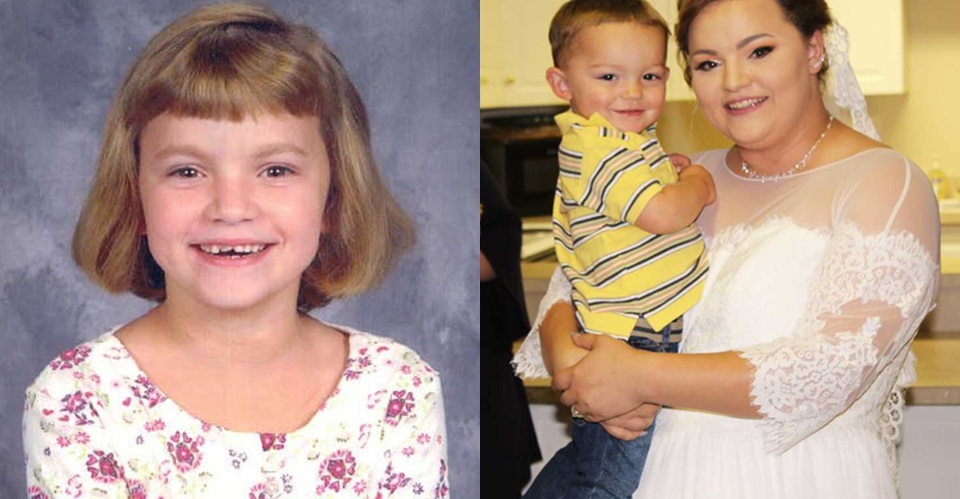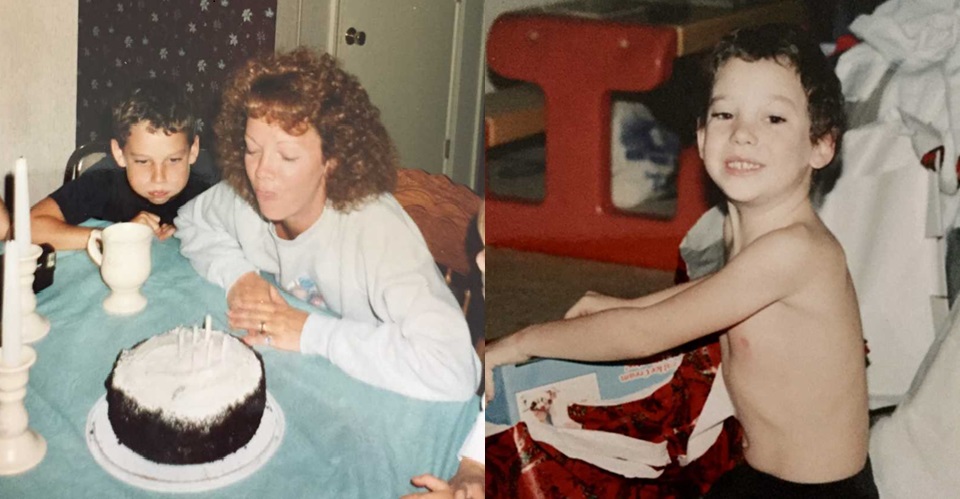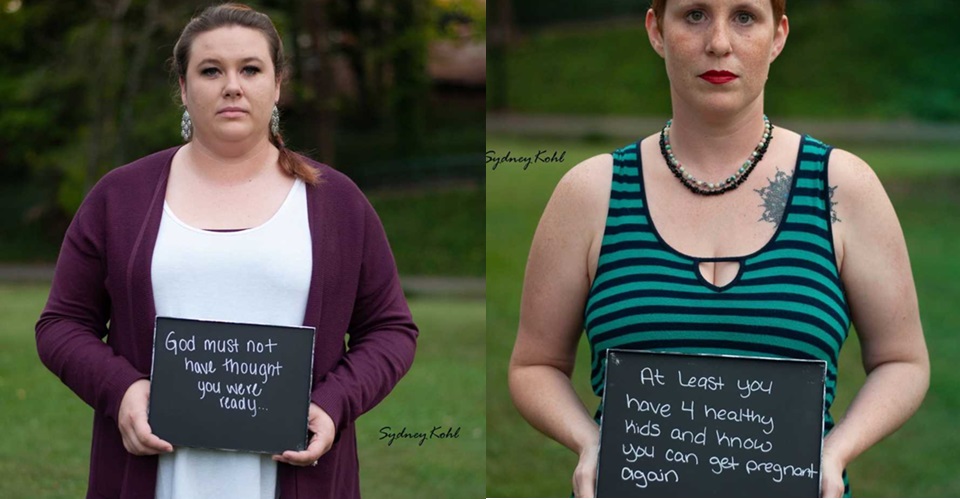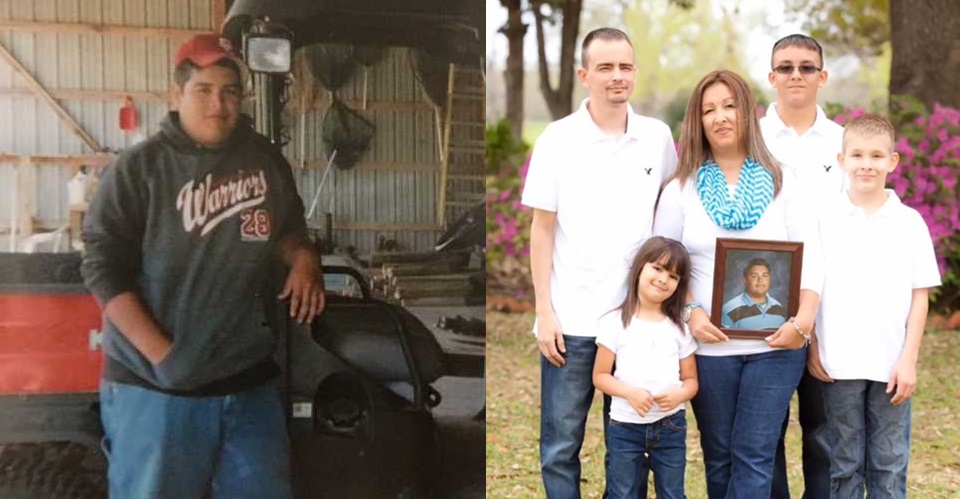Four years ago, Cameron Robertson decided she no longer wanted to live. Life had stripped her of peace, purpose, and the sense that tomorrow could be worth waiting for. Looking back now, she can still feel that darkness pressing against her chest, the weight of loneliness that made every breath feel like a burden. Back then, she was a teenager trying to survive a world that never seemed to accept her. She was kind, quiet, the sort of person who smiled at everyone, but somehow that made her an easy target. The bullying was relentless. People avoided her without reason, whispering behind her back, leaving her wondering what she had done wrong. She was trapped in her skin, anxious, and desperate to escape the noise.
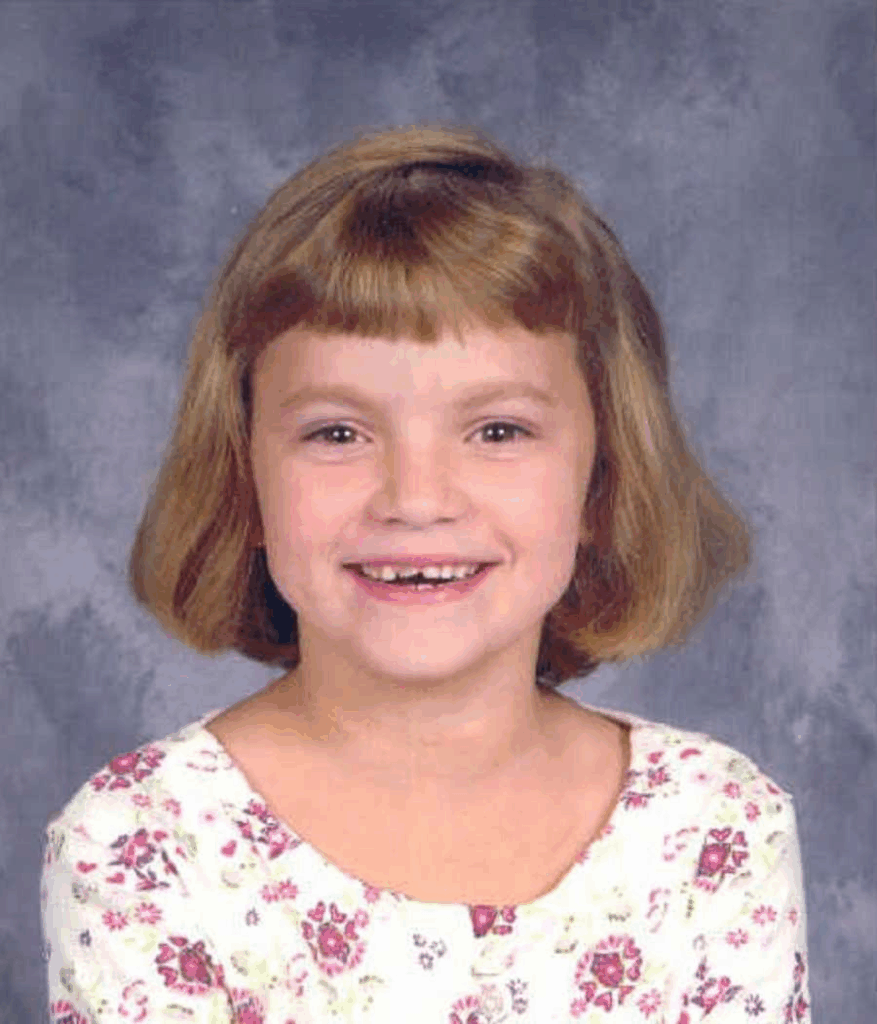
At school, her anxiety became her constant companion. She would retreat to the nurse’s office just to feel safe, counting the tiles on the ceiling while trying to stop the shaking in her hands. By the end of one semester, she had gone there over a hundred times, pretending to have headaches or stomach pains because it was the only place she could breathe. Even lunchtime became unbearable, so she would hide in the bathroom instead, eating silently and praying that no one noticed her missing.
Home wasn’t much easier. Cameron had spent time away from her parents due to family issues, and the separation carved out an ache she didn’t know how to fill. She blamed herself for everything that had gone wrong and carried that guilt like a heavy coat she couldn’t take off. The sadness grew until it started to swallow her whole. She was hospitalized several times for suicidal thoughts, each time feeling more broken than before. When she finally moved back in with her parents, things didn’t magically improve. She was the new girl again, in a new school, surrounded by strangers. Her social anxiety made every hallway feel like a minefield, every conversation a test she would surely fail. It was exhausting, and she felt alone even in a crowd.
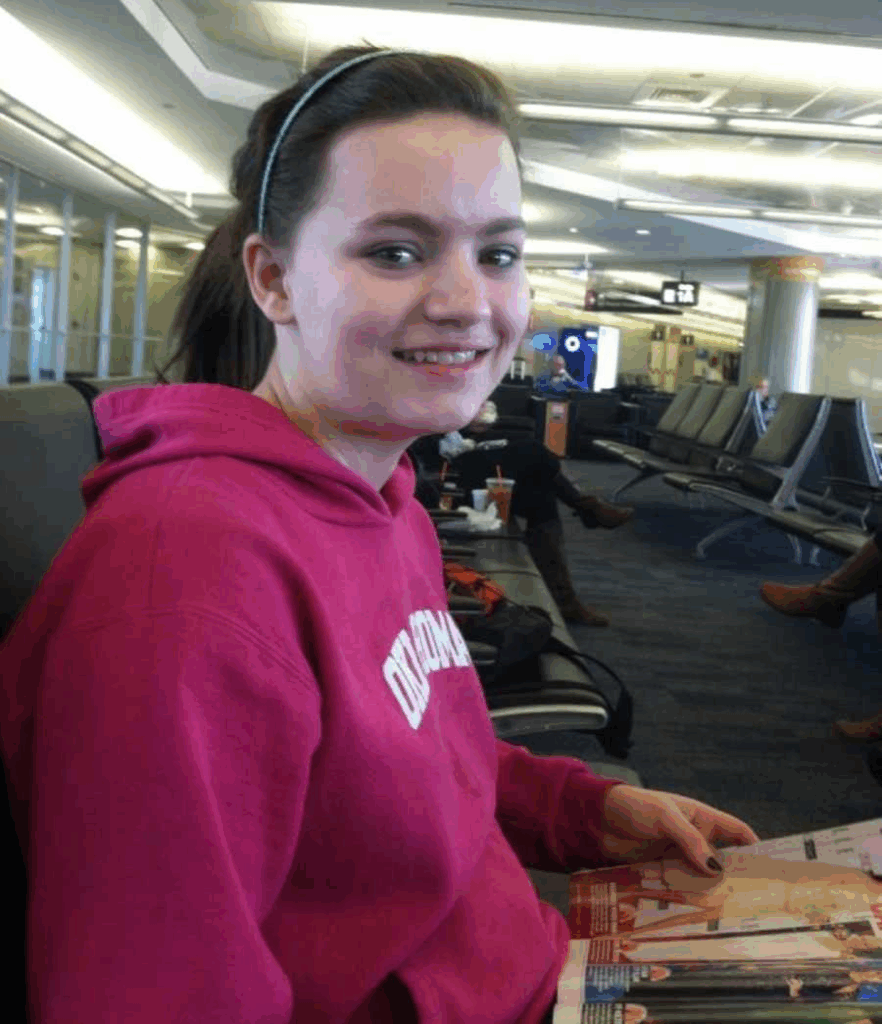
Then came the day that changed everything. A fight with someone she considered her best friend spiraled out of control. Hurtful words were exchanged, and Cameron was told she didn’t matter, that maybe she should just disappear. Those words didn’t fade with time. They echoed in her mind like a curse, feeding the belief that she truly had no place in the world.
That night, she reached her breaking point. She looked in the mirror and saw someone she didn’t recognize. Her reflection looked hollow, a version of herself she no longer wanted to be. She grabbed a bottle of ibuprofen, filled her hand, and swallowed. In that instant, she believed it would all finally stop—the pain, the panic, the loneliness. But lying there, staring at the ceiling, something unexpected happened. She opened Facebook and saw a photo of her young nephew smiling. His face was full of innocence, untouched by cruelty or despair. That image stopped her completely. She thought about her family, about her mother who had already lost one child, and realized she couldn’t make her live through that again. It was the slightest spark of clarity, but it was enough.
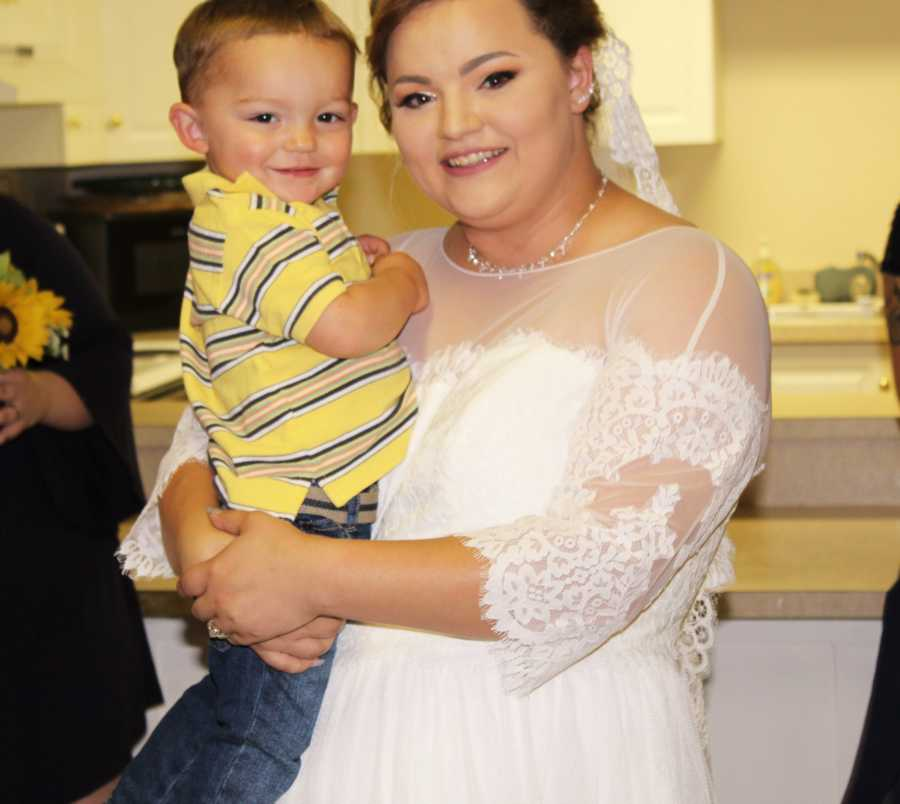
Cameron walked to her mother’s room, tears falling uncontrollably. The fear in her mother’s eyes said everything. They went to the hospital, and she was eventually transferred to a mental health facility. There, Cameron began to heal among people who were also broken in their own ways. She realized she wasn’t alone. Anxiety and depression weren’t signs of weakness; they were battles being fought by people from every walk of life, even the ones who seemed perfectly fine on the outside. Getting help changed everything. The road to recovery wasn’t smooth, but she began to see life differently with time. She built a future she once thought impossible: a loving husband, two nephews who light up her world, and even a goofy dog who reminds her daily that joy can exist in small, ordinary moments.
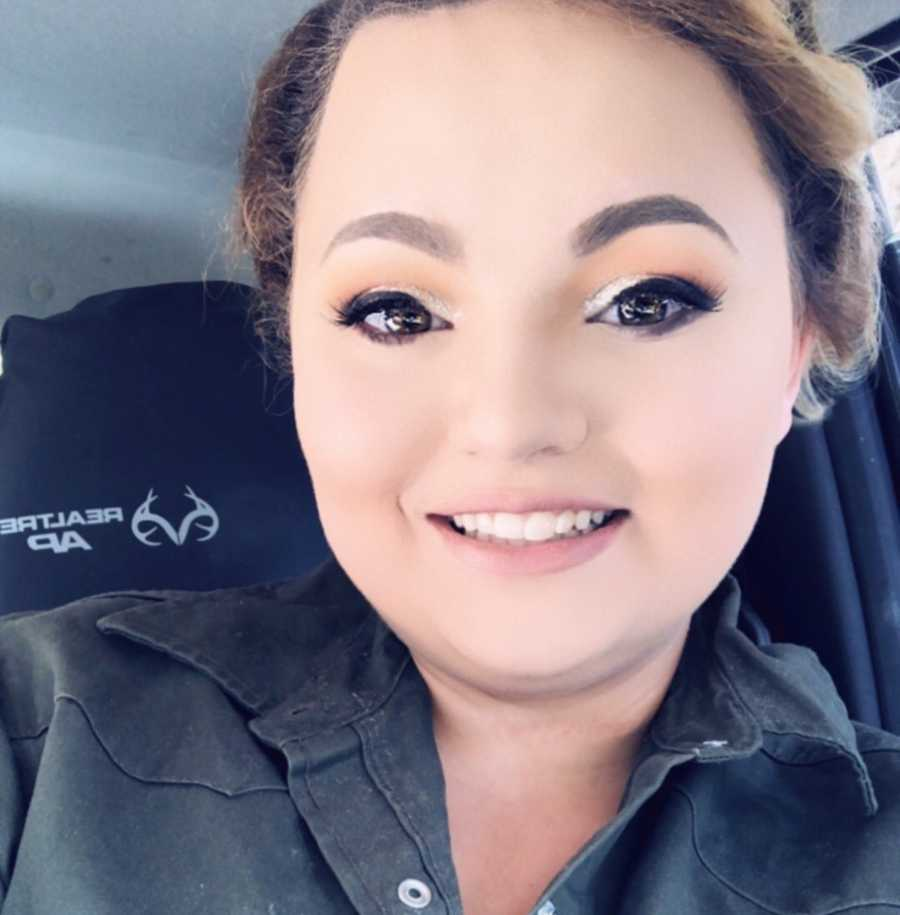
Today, Cameron is a new person. She still faces challenges and has hard days but gets up and keeps going. She believes now that survival is its own kind of bravery. For anyone standing where she once stood, she wants them to know it truly gets better. The pain doesn’t last forever. There is life on the other side of hopelessness, and she is living proof of that.
